Introduction to the Vedic Civilization
For thousands of years, the Vedic civilization has stood as one of the most profound and influential cultures in human history. Flourishing in ancient India, it gave rise to a rich tradition of philosophy, science, and spirituality. The sacred Vedas, composed over 3,000 years ago, shaped the way people understood the universe, guiding generations with wisdom that continues to resonate today. But who were the people behind these ancient texts, and what was daily life like in their extraordinary world?
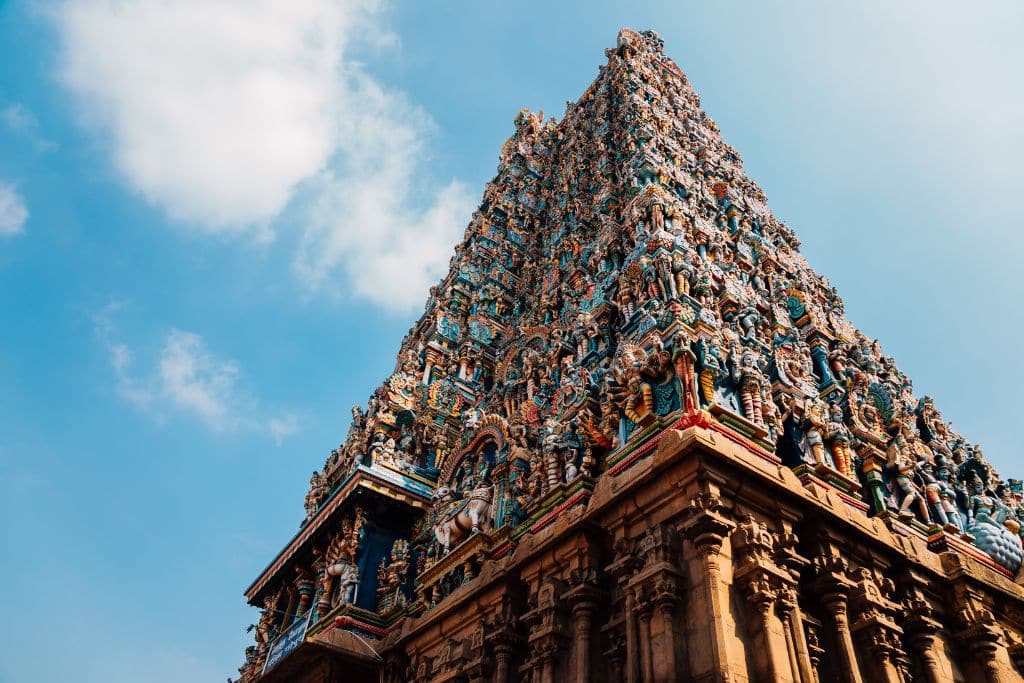
The Foundations of the Vedic Civilization
The Origins and Geography
The Vedic civilization emerged in the Indian subcontinent around 1500 BCE. It thrived along the banks of major rivers, including the Sarasvati and the Indus. This region provided fertile land for agriculture, allowing the civilization to develop complex societal structures.
The Vedas: Sacred Knowledge
The Vedas, the oldest known scriptures, are written in Sanskrit and divided into four primary texts: Rigveda, Yajurveda, Samaveda, and Atharvaveda. These texts cover a wide range of topics, from cosmology and rituals to ethics and governance, reflecting the depth of Vedic wisdom.
Society and Social Structure
The Vedic society was organized into a varna system, which classified people into different roles based on their occupation. These included Brahmins (scholars and priests), Kshatriyas (warriors and rulers), Vaishyas (merchants and farmers), and Shudras (laborers and service providers). This system influenced governance, education, and daily life.
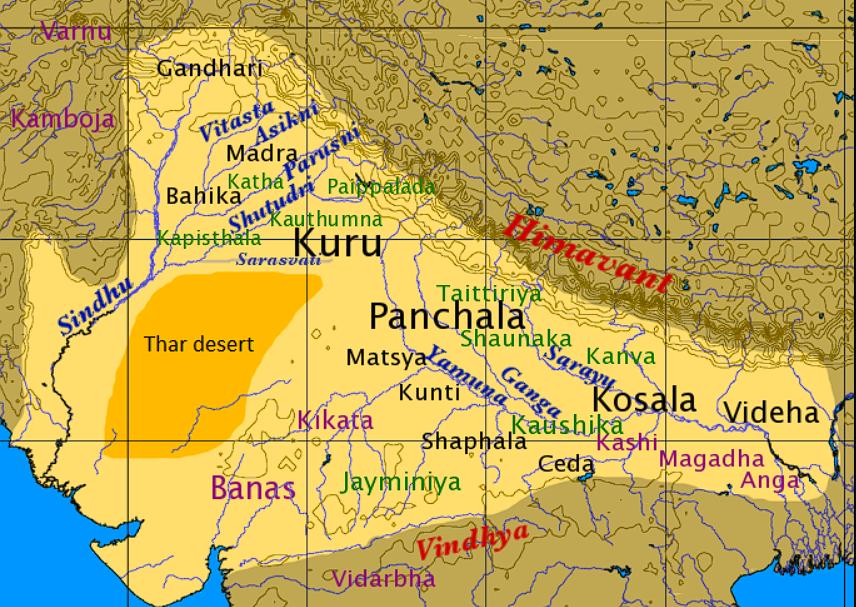
Daily Life in the Vedic Era
Education and Learning
In a quiet village near the banks of the Sarasvati River, a young student sits by the fire, listening intently as his teacher recites verses passed down through generations. These hymns speak of cosmic forces, the nature of existence, and the secrets of the stars. The guru-shishya (teacher-student) tradition was the foundation of education, where knowledge was orally transmitted with deep philosophical discussions.
Scientific and Astronomical Achievements
Centuries before telescopes, Vedic scholars mapped celestial movements with astonishing precision. The concept of zero, the decimal system, and the study of planetary motion had their roots in this era. Ancient Indian mathematicians and astronomers contributed significantly to modern science.
Health and Medicine
Ayurveda, the traditional Indian system of medicine, was an integral part of Vedic life. Based on the balance of mind, body, and spirit, Ayurveda emphasized natural remedies, herbal treatments, and holistic healing practices that are still widely used today.
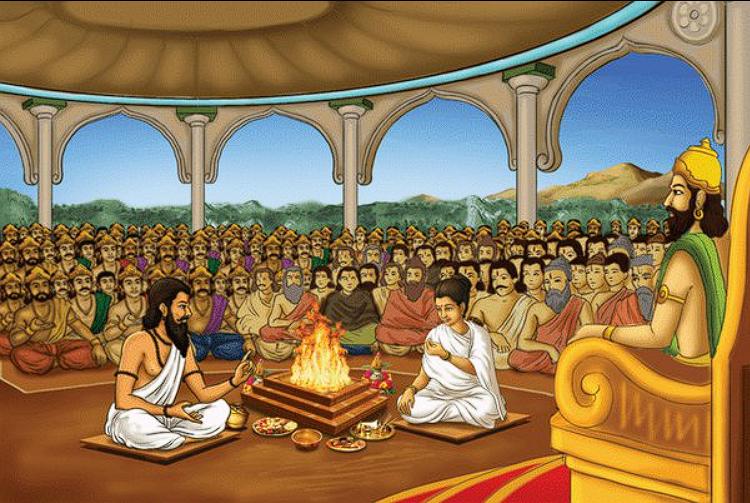
The Lasting Legacy of the Vedic Civilization
Spiritual and Philosophical Influence
The principles of dharma (duty) and karma (cause and effect) first explored in Vedic thought continue to shape spiritual and philosophical beliefs across the globe. Hinduism, Buddhism, and Jainism all draw heavily from Vedic teachings.
Contributions to Literature and Language
Sanskrit, the language of the Vedas, became the foundation of many Indian and Southeast Asian languages. Classical Indian literature, including the Mahabharata and Ramayana, originated from the Vedic tradition and continues to inspire storytelling worldwide.
The Global Impact
The legacy of the Vedic civilization extends far beyond its time. Concepts such as yoga and meditation, rooted in Vedic philosophy, have gained global recognition. Many modern practices, from mindfulness to holistic wellness, trace their origins back to this ancient civilization.
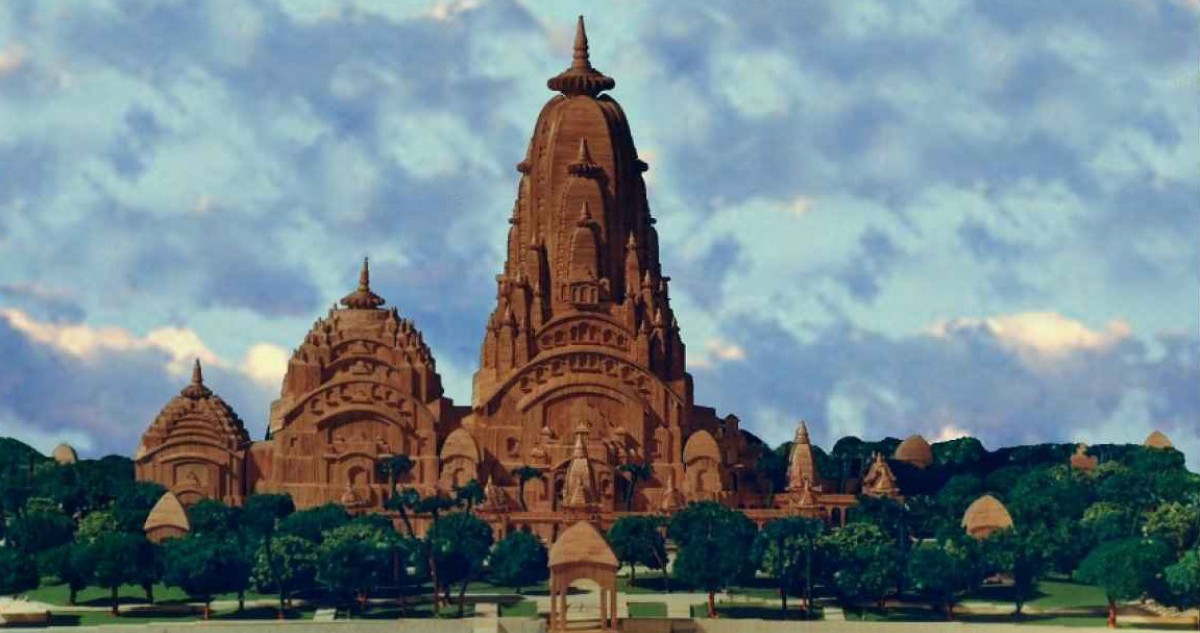
Unanswered Questions and Ongoing Discoveries
The Sarasvati River Mystery
Some historians believe that the now-dry Sarasvati River was central to Vedic society. Recent archaeological findings suggest that settlements along this river could provide deeper insights into the civilization’s daily life and technological advancements.
Decoding the Vedic Texts
Despite centuries of study, many aspects of the Vedas remain undeciphered. Scholars continue to explore their profound philosophical and scientific ideas, searching for hidden knowledge that could further illuminate humanity’s past.
The Relevance in Modern Times
How did this civilization rise to such intellectual heights, and what more can we uncover about its teachings? The answers may lie in the continued study and preservation of its wisdom, ensuring that its impact endures for generations to come.
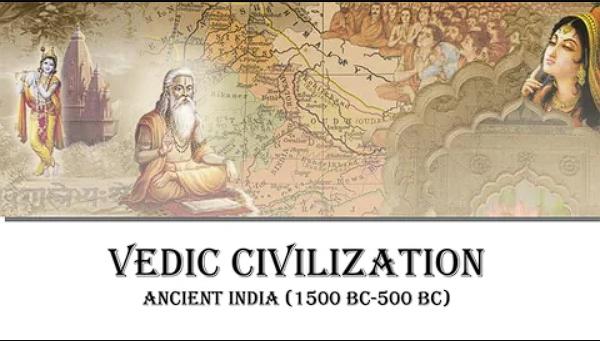
Conclusion
The Vedic civilization was not just an ancient society but a cradle of knowledge that has left an indelible mark on the world. From its philosophical teachings to its scientific discoveries, its influence continues to shape modern thought and practices. Could the ancient wisdom of the Vedic civilization still hold answers to some of humanity’s greatest questions? See more in the comments👇👇
